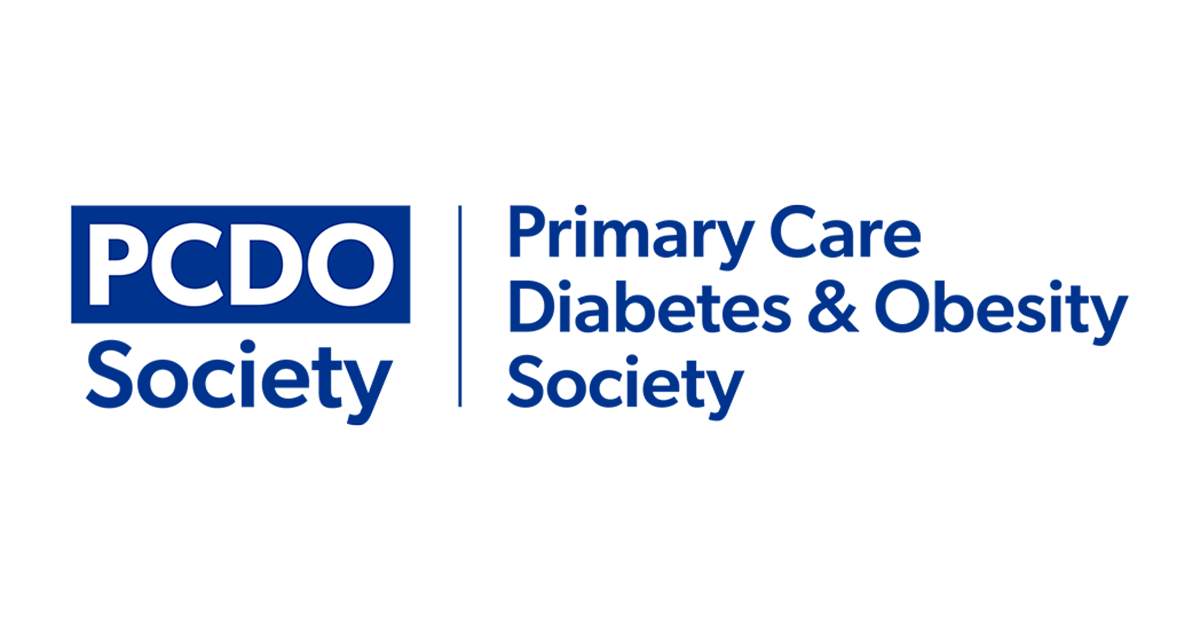People with and without diabetes in the UK usually spread their daily food intake over at least 14 hours, leaving insufficient time for a true fasting state to be reached in most 24-hour cycles. Eating late into the evening, or irregular eating patterns as may occur with shift work, may increase risk of developing type 2 diabetes, overweight and obesity.
In this randomised, crossover study (Andriessen et al, 2022), 14 people, aged 50–75 years (average age 67.5 years) and BMI ≥25 kg/m2, with type 2 diabetes (with or without glucose-lowering medication) undertook two 3-week interventions separated by a 4-week washout period. During the time-restricted eating (TRE) intervention, they ate their normal diet, but all meals were completed within a daytime 10-hour window, with eating finishing by 6 pm, whereas during the control intervention, food intake was spread over at least 14 hours. During the TRE intervention, participants would drink black tea or coffee outside the eating window, and could drink zero-calorie soft drinks in moderation during the evenings.
The effects of eating all food within a daytime 10-hour eating window were compared with spreading food intake over at least 14 hours during the control phase. Participants were able to follow their usual diet and were encouraged to eat similarly, apart from timing, during both parts of the crossover study and during the 4-week washout period.
Participants used continuous glucose monitoring, kept food and sleep diaries, and were encouraged to maintain physical activity at pre-study levels throughout. During the TRE phase, documented eating windows averaged just over 9 hours compared to 13.4 hours in the control phase. Sleep time was comparable during both phrases, around 8 hours. There was a small but significant weight loss of 0.7 kg during the TRE phase, despite participants being encouraged to maintain stable weight.
Twenty-four hour glucose levels, overnight glucose levels, morning fasting glucose and time with high glucose levels all consistently decreased during the TRE period compared with these measures in controls. There was also an increase in time in normal range from 12.2 to 15.1 hours/day. Measured fasting glucose levels were significantly lower (7.6±0.4 vs 8.6±0.4 mmol/L) during the TRE phase than during the control period, even after the same duration of fast before the blood test, which the authors suggested may demonstrate lasting changes in overnight glucose control.
The mechanism for these changes remains unclear, since no improvement in peripheral or hepatic insulin sensitivity (which was expected), nor changes in energy metabolism, or fat or glycogen content in the liver could be measured. The authors proposed that part of the improvements may result from weight loss, since there was a significant 0.7 kg difference between the TRE and control groups over the 3 weeks. However, it is thought that this small amount of weight loss would not have triggered such significant glucose changes, and similar beneficial metabolic findings have been seen with TRE without weight loss (Sutton et al, 2018).
Previous studies have demonstrated both weight loss and improved metabolic control using very short eating windows of 6–8 hours, but this 10-hour window was thought to be more achievable and sustainable in longer term studies.
The study was small, the crossover periods short (3 weeks), and some participants were on medication and some not. The authors conclude that these data highlight the potential benefits of TRE in type 2 diabetes and that follow-up, larger, longer duration studies, perhaps with different daytime eating windows, would be appropriate. TRE is safe, fast and easy to teach, does not require dietary changes, calorie counting or numeracy skills, and can be shared with people online or by leaflet, making it a useful additional option for our toolkit.
A useful recent review of human intermittent fasting studies (Varady et al, 2022), including alternate day fasting, 5:2 fasting and TRE, summarises the current state of the evidence base.
Click here to read the full article.






How to minimise loss of muscle mass when using GLP-1-based therapies for weight loss.
26 Mar 2025